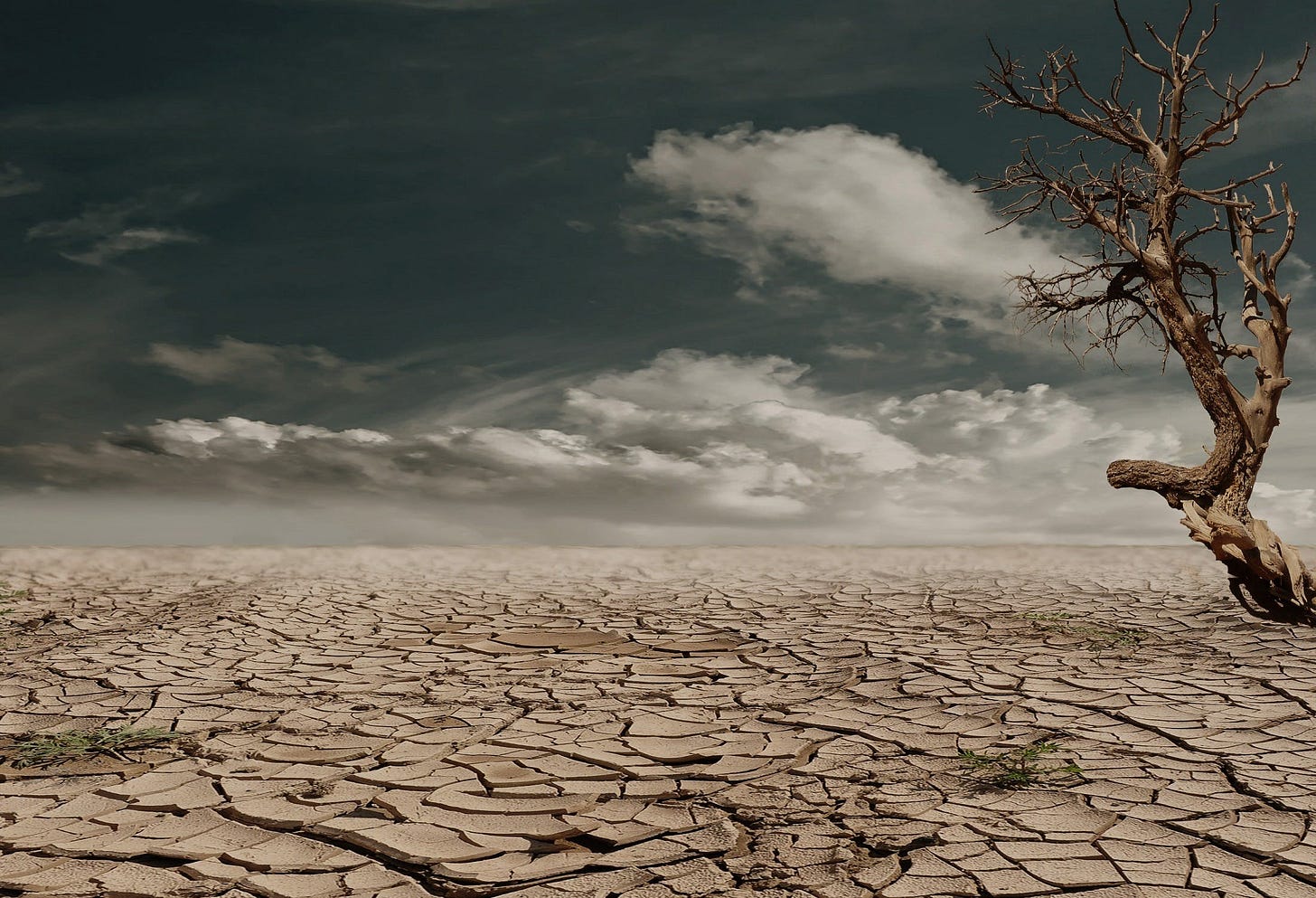The concept of environmental justice has garnered a fair amount of attention over the last 30 years, from its beginnings in communities of color taking a stand against the disposal toxic pollutants generated in wealthier areas (Warren County African American History Collective 2021), to the people of island nations being forced from their homes due to sea level rise driven mostly by wealthy nations such as the United States, which are considerably less vulnerable to such crises (United Nations 2020). Indeed, according to the UNHCR, climate change is already creating 20 million refugees yearly (2018). Obviously, the externalization of environmental costs by the wealthy and powerful onto poor and vulnerable communities is an abhorrent practice, but this phenomenon is no longer one that we can think of only in spatial terms. We must now also consider the inter-generational effects of the climate crisis.
One of the principles of environmental justice holds that people affected by the environmental impacts of governmental decisions must have “meaningful involvement in the decision-making processes” (U.S. Commission on Civil Rights, 2003). However, future generations are by definition not able to participate in the decisions being made today: Decisions that will define the world in which they live. The scale of this temporal externalization of environmental costs is difficult to fathom, yet it is one of the most important reasons to take action to mitigate our impact on the climate. For every day that we fail to act, future generations become more likely to face even more severe consequences of our inaction, from droughts and famines to severe weather events and sea level rise. The time to act, therefore, is now.
Sources:
U.S. Commission on Civil Rights. 2003. “Chapter 2: What Is Environmental Justice?” U.S. Commission on Civil Rights. 2021–09–20. https://www.usccr.gov/files/pubs/envjust/ch2.htm.
UNHCR. 2018. “Climate Change and Disasters.” United Nations. 2021–09–20. https://www.unhcr.org/climate-change-and-disasters.html.
United Nations. 2020. “Small Islands, Rising Seas.” United Nations. 2021–09–20. https://www.un.org/en/chronicle/article/small-islands-rising-seas.
Warren County African American History Collective. 2021. “History.” 2021–09–20. https://www.wcaahc.com/history.html.







